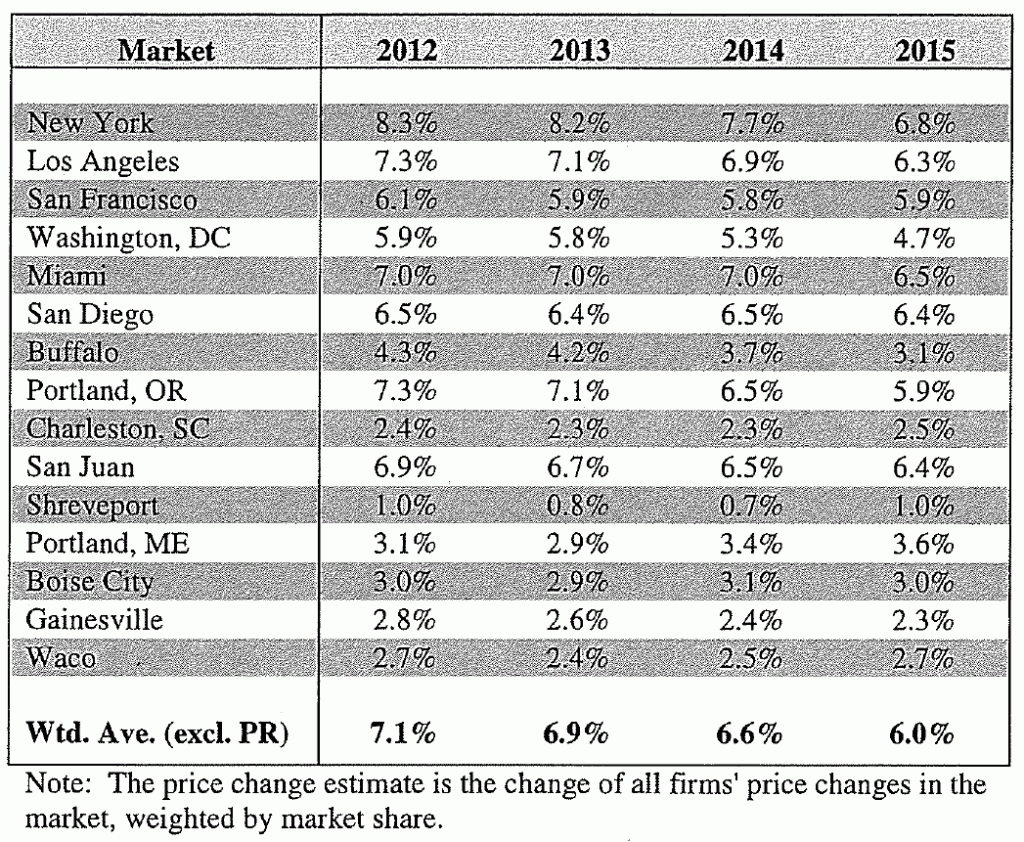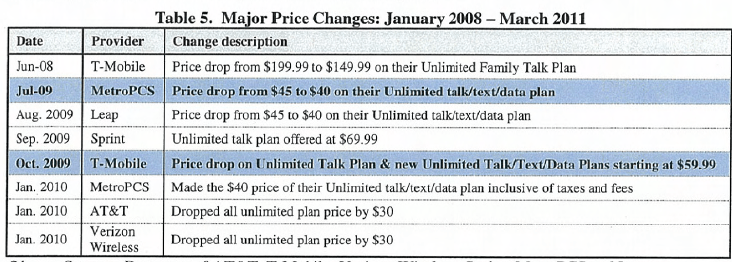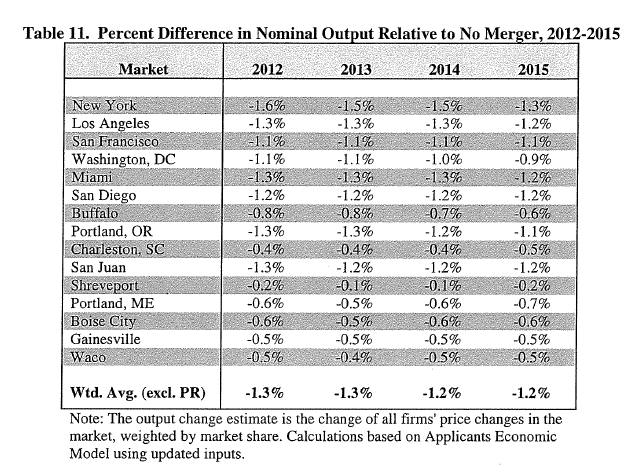
Cablevision's top executives head on out. Tom Rutledge (left) and John Bickham (right) left within weeks of each other.
The unexpected and sudden departure of two senior executives at Bethpage, N.Y.-based Cablevision has pushed the rumor mill into overdrive the cable company is about to be sold or taken private.
John Bickham, president of cable communications and chief operating officer Tom Rutledge will both be spending more quality time with their respective families after departing Cablevision. Last Thursday’s announcement that Rutledge would resign caused Cablevision’s stock price to drop by nearly 14% during trading Friday.
The inevitable conclusion on Wall Street: Cablevision is about to be sold or taken private.
Major shareholders and investment firms have criticized Cablevision over the years for being “too successful” signing customers to fixed price double or triple-play packages that provide a full suite of products and services, but deliver few growth opportunities shareholders demand. With heavy competition from Verizon FiOS in most of their service areas, Cablevision’s ability to simply raise rates is limited, especially when customers bounce between promotional offers from the phone and cable companies.
Rutledge’s departure, in particular, has been seen as a major negative on Wall Street because he was responsible for many of Cablevision’s most innovative products, including streamed video, his advocacy for boosting broadband speeds, and the company’s aggressive move into home security.
Craig Moffett, a Wall Street analyst from Sanford Bernstein, thinks Comcast and Time Warner Cable are set to divide the spoils in a shared buyout — Comcast grabbing northern New Jersey and Connecticut and Time Warner Cable assuming control of Cablevision’s systems in New York. But other analysts don’t think that scenario is so likely, especially when considering the Dolan family’s long history in the cable business.
ISI Group Inc. analyst Vijay Jayant told Light Reading Cable he believes the more likely scenario would have the Dolan family buying out shareholders and taking the cable company private.
Time Warner Cable has repeatedly informed shareholders the company will not engage in bidding wars or overpay to win new acquisitions, and the Dolan family’s selling price for Cablevision is likely far higher than Time Warner would be willing to pay. Comcast might have a political problem assuming control of more cable systems after its recent merger with NBC-Universal. Shareholders may also rebel, as they did in a 2007 effort to take Cablevision private. Investors felt they were offered too low a price to compensate them for their shares.
Moffett believes Cablevision’s days of high earnings and rapid growth are behind them, because just about everyone who wants cable service already has it, either from Verizon FiOS or Cablevision.
“No, we don’t think [Cablevision] can grow. And, no, we don’t think the rest of cable is doomed to the same fate,” Bernstein’s Moffett wrote in a report in late November. “The cause of [Cablevision’s] growth decline is straightforward: it has been so successful in achieving high product penetrations that growing further is quite challenging.”
[flv width=”360″ height=”290″]http://www.phillipdampier.com/video/Bloomberg Joyce Says Cablevision May Be a Takeover Target 12-16-11.mp4[/flv]
David Joyce, media analyst at Miller Tabak & Co., talks about Cablevision Systems Corp. Chief Operating Officer Tom Rutledge’s resignation and the outlook for the company. Bloomberg News. (5 minutes)


 Subscribe
Subscribe






